8-18W Microwave Radar Sensor LED driver for led batten downlight panel light 90XD20WM/20D
No need normal drivers. Just Connect to LED Light source directly.
The smart LED driver is designed for easy integration into existing lighting systems, making it suitable for both retrofitting and new installations.
8-18W Microwave Radar Sensor LED driver for led batten downlight panel light
The Microwave Radar Sensor LED driver is designed to provide efficient lighting with energy-saving capabilities. When no motion is detected, the LED driver can dim the lights or turn them off entirely to conserve energy. However, once motion is detected within the sensor's range, the driver responds by increasing the brightness of the LED light to provide adequate illumination.
The Microwave Radar Sensor LED driver is an innovative and energy-efficient lighting solution that combines an LED driver with a microwave radar sensor for motion detection. This advanced technology is designed to optimize lighting systems by intelligently controlling the brightness of LED lights based on detected movement within its range.
Key Features:
LED Driver Functionality: The LED driver component ensures a stable and constant power supply to the LED light source, guaranteeing optimal performance and extending the lifespan of the LEDs.
Microwave Radar Sensor: The integrated microwave radar sensor utilizes microwave signals to detect motion within its coverage area. When an object moves, the sensor detects the reflected signals, allowing for precise motion detection.
Motion-Activated Lighting: The radar sensor's motion detection capabilities enable the LED driver to activate or adjust the brightness of the LED batten lights automatically. When no motion is detected, the LEDs can be dimmed or turned off, conserving energy.
Energy Efficiency: By responding to motion and adjusting lighting accordingly, the Microwave Radar Sensor LED driver significantly reduces energy consumption compared to traditional lighting systems that remain continuously powered.
Customizable Settings: The product offers customizable settings, such as sensitivity levels and the duration for which the lights remain on after detecting motion. This flexibility allows for seamless integration into various applications and environments.
Versatile Applications: The Microwave Radar Sensor LED driver is suitable for a wide range of indoor and outdoor applications, including hallways, parking lots, staircases, warehouses, and commercial buildings, where energy-efficient and motion-activated lighting is desired.
Easy Installation: The product is designed for straightforward installation, making it accessible for both professional electricians and DIY enthusiasts.
The Microwave Radar Sensor LED driver represents a cutting-edge solution that enhances safety, convenience, and energy savings. It is an ideal choice for those seeking a sophisticated lighting system that automatically responds to motion and provides efficient illumination in various settings.
| Item name | Microwave Motion Sensor LED Driver |
| Model no | 90XD20WM / 90XD20D |
| Operation voltage | 85-265Vac, 50/60Hz |
| Output Power | 8-18W |
| Ouput voltage | DC58-78V |
| Output current | 100-240mA |
| Power factor | 0.9 (90XD20WM) , 0.5 (90XD20D) |
| HF system | 3.3GHz |
| Transmitting power | <0.5mW |
| Control Light source type | On/Off or Dimming function |
| Detection range | 6-8m |
| Detection angle | 140 degree |
| Hold time | 15-20s (default) |
| Ambient light level | 10-15lux (optional for On/Off mode) |
| IP rating | IP20 |
| Light source type | LED Panel light, LED Downlight, LED Ceiling light, LED Batten |
| Size | 47*27*20mm |
| Application type | Corridor, staircase, lobby, balcony, hallway, |
| MOQ | 100pcs |
| Package details | 100pcs/box, 33*18*16cm, 2kgs/box 500pcs/box, 40*35*22cm, 5kgs/box |
| Lead time | 1000pcs: 7 days 10000pcs: 15-20 days (depending on required specification) |
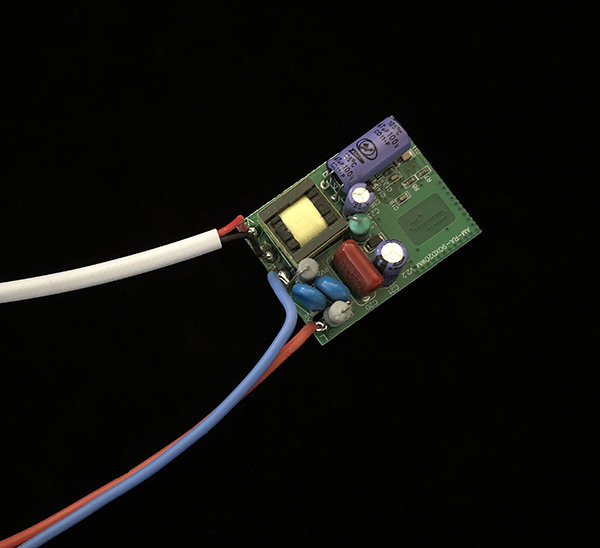
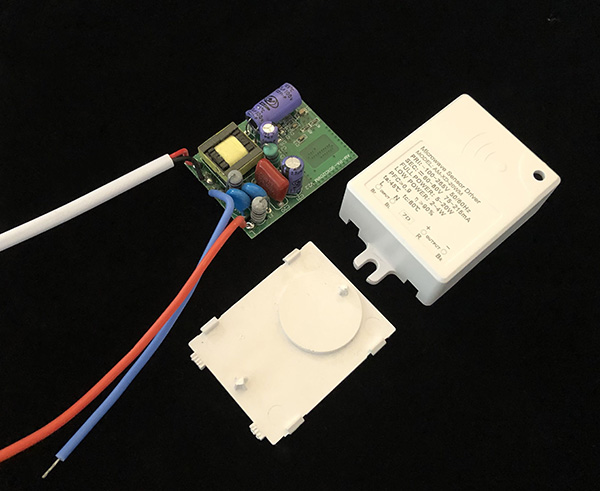
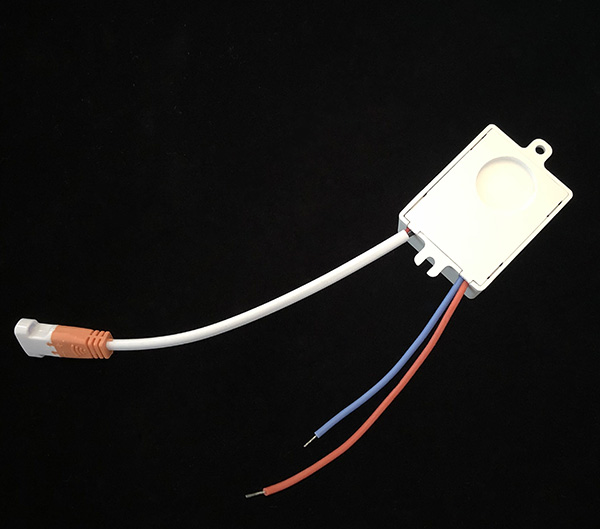
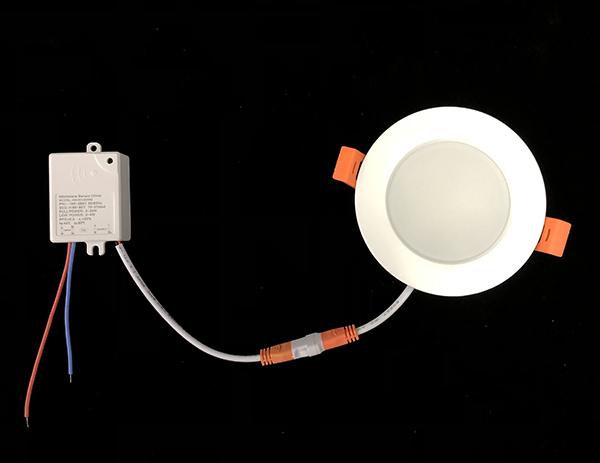
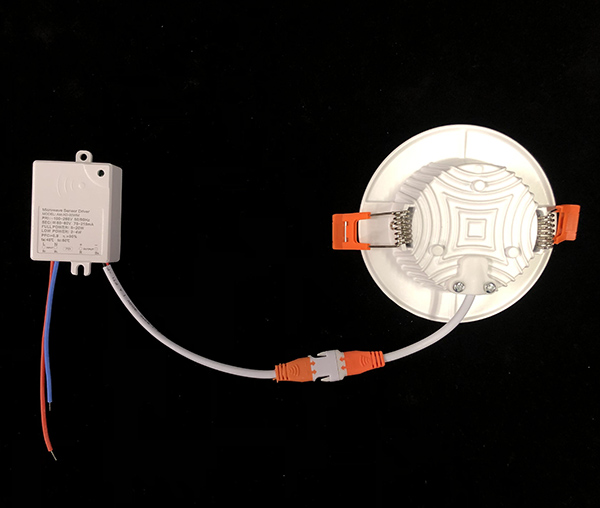
Application type:
LED Batten, LED Downlight, LED Linear light, LED ceiling light.
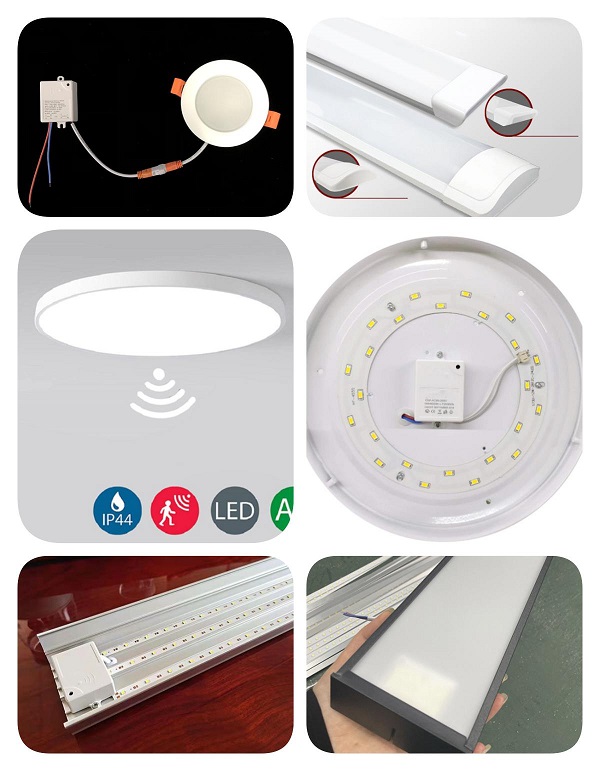
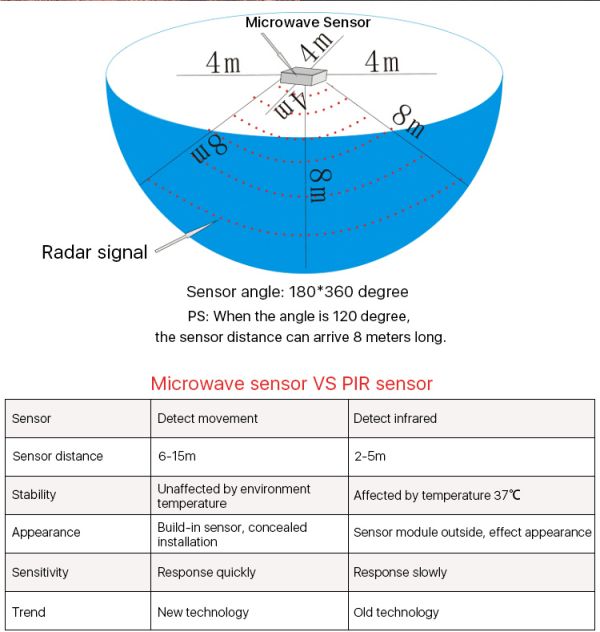
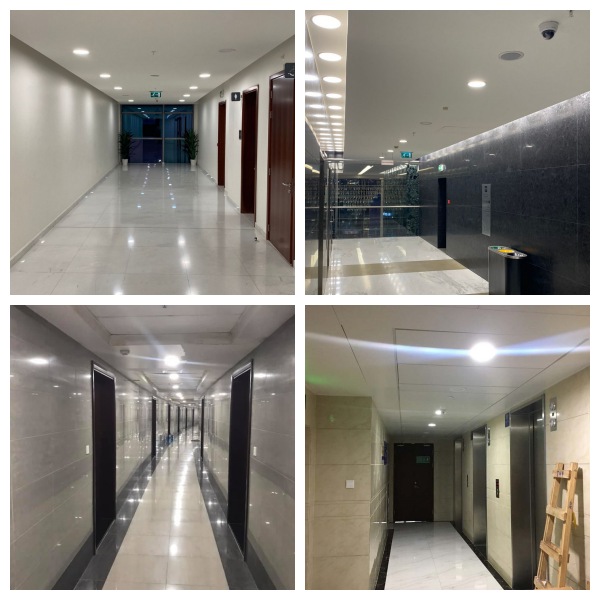
Here is short video showing how to connect the sensor driver with your light source and it works?
FAQ:
1. What are the advantages of using a microwave radar sensor LED driver?
Microwave radar sensors have a wider coverage area compared to traditional infrared sensors, making them suitable for large spaces.
They can penetrate obstacles like glass and plastic, allowing concealed installation.
Radar sensors are less affected by environmental factors like temperature and humidity.
LED drivers with radar sensors can provide intelligent lighting control, saving energy and increasing efficiency.
2. How does the microwave radar sensor work?
The microwave radar sensor emits microwave signals and measures the time it takes for these signals to bounce back after hitting an object. By analyzing the frequency shift of the returned signals, the sensor can determine the distance, direction, and speed of moving objects. When it detects movement within its range, it sends a signal to the LED driver to turn on or adjust the LED lights accordingly.
3. What are some common applications of microwave radar sensor LED drivers?
LED lighting systems in parking lots and garages to save energy by adjusting light levels based on vehicle and pedestrian movement.
Security lighting for buildings and outdoor areas that activate when motion is detected.
Public restrooms and other spaces where automatic lighting control can improve user experience and energy efficiency.
Industrial settings to optimize lighting usage in warehouses and manufacturing facilities based on occupancy.
4. Can the microwave radar sensor be affected by weather conditions?
Generally, microwave radar sensors are less affected by weather conditions such as rain, snow, or fog compared to passive infrared (PIR) sensors. However, extremely severe weather conditions may have some impact on their performance.
5. Can the microwave radar sensor detect through walls?
Microwave signals can penetrate certain materials like glass and plastic but may have difficulties passing through thick walls or metal barriers. The sensor's detection capabilities will depend on the material and thickness of the obstacle.
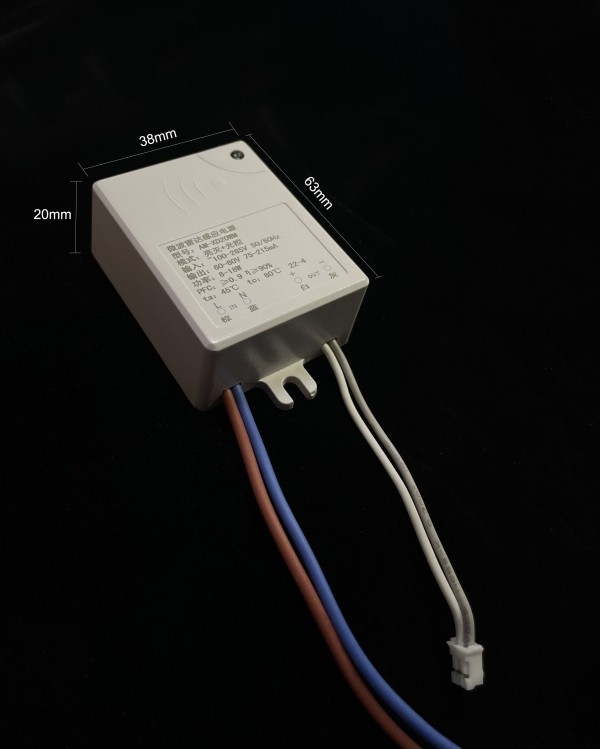
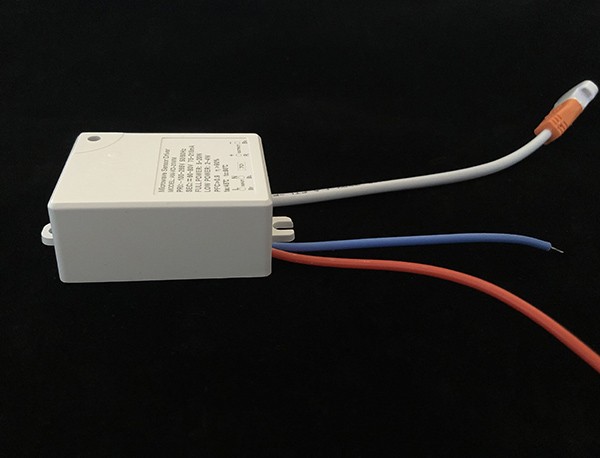
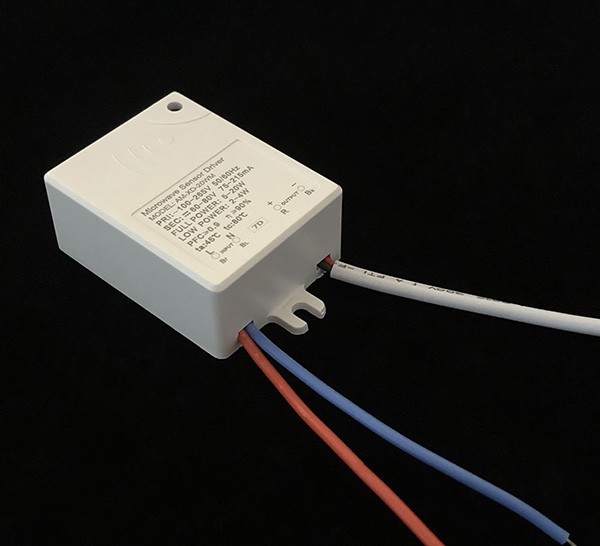
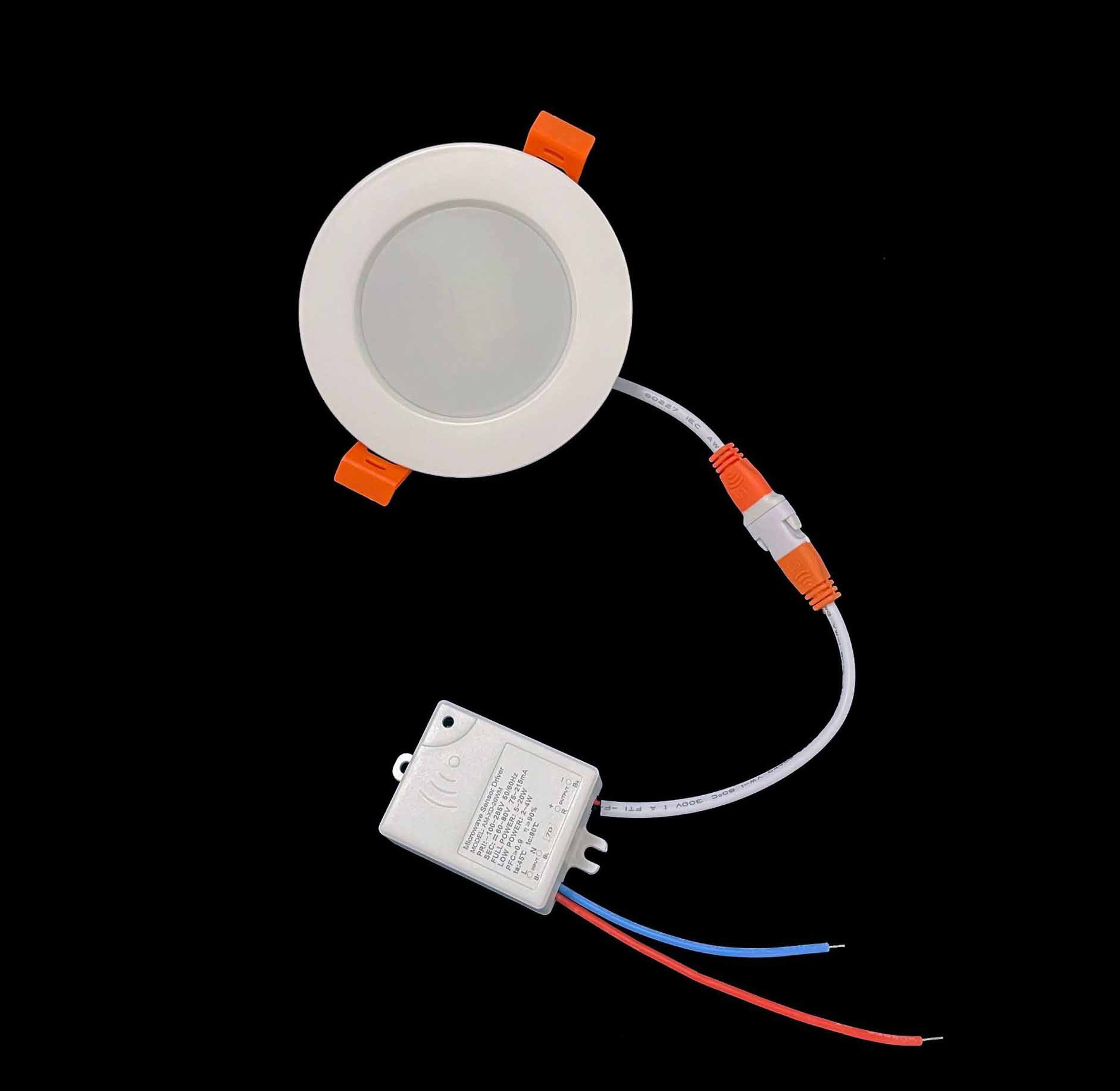
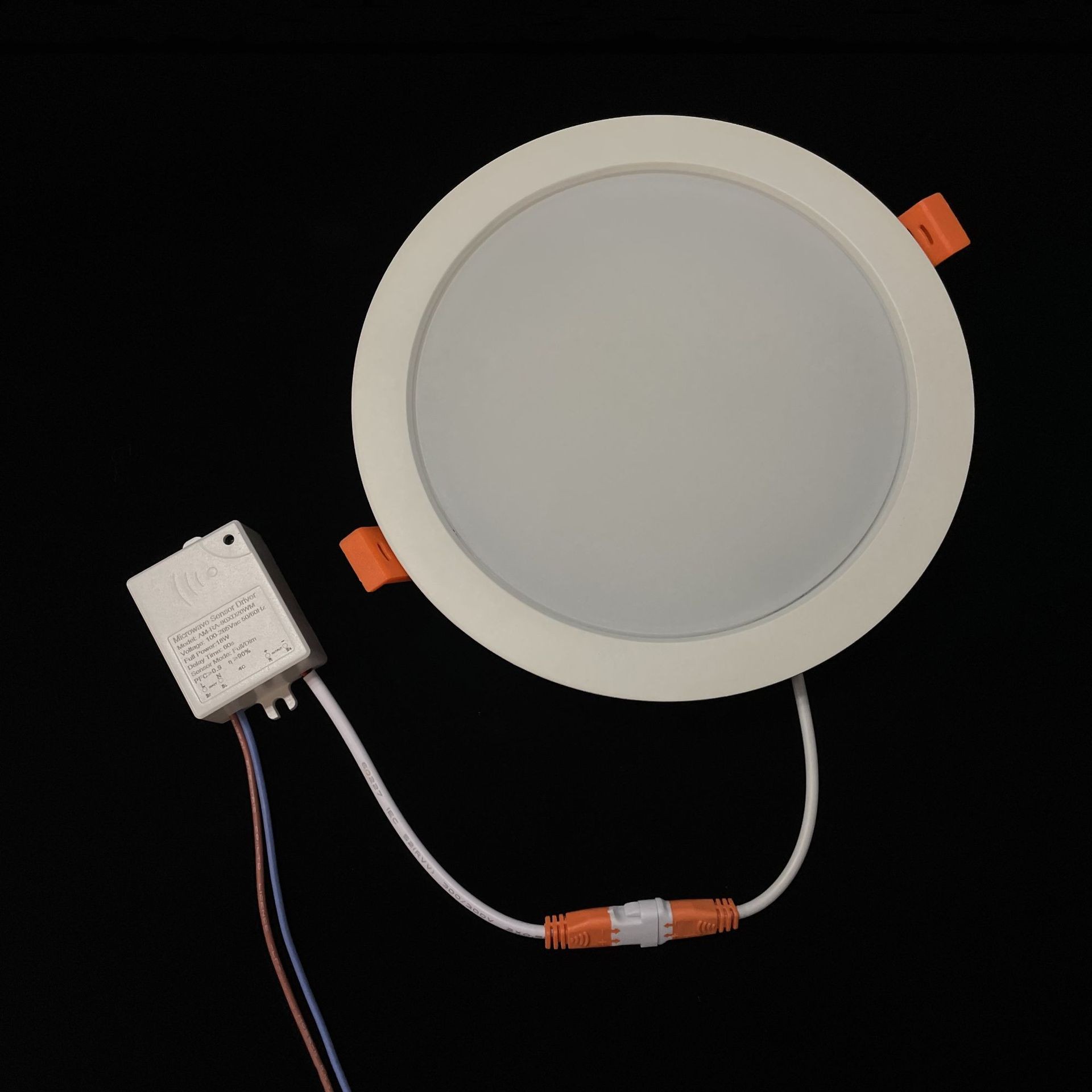
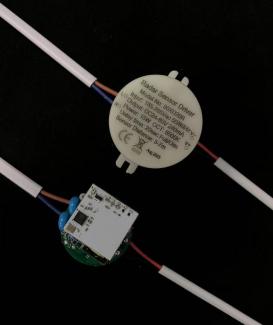
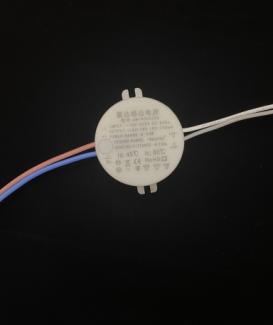
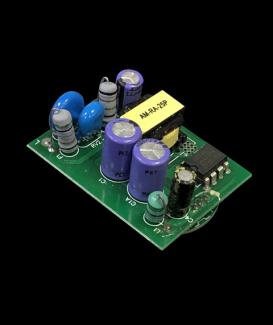
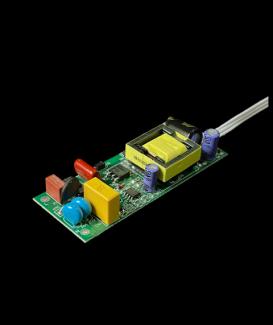
 Selina-Allmay Motion Sensor Light Specialist
Selina-Allmay Motion Sensor Light Specialist